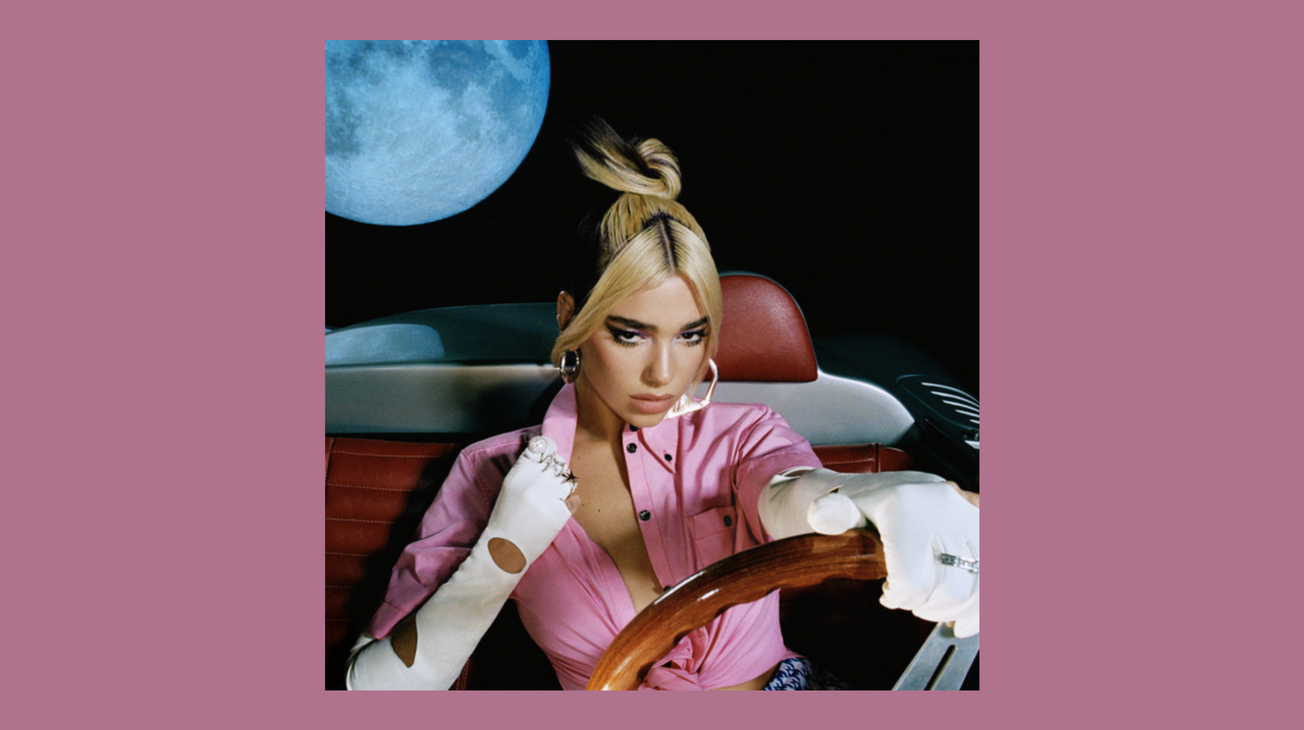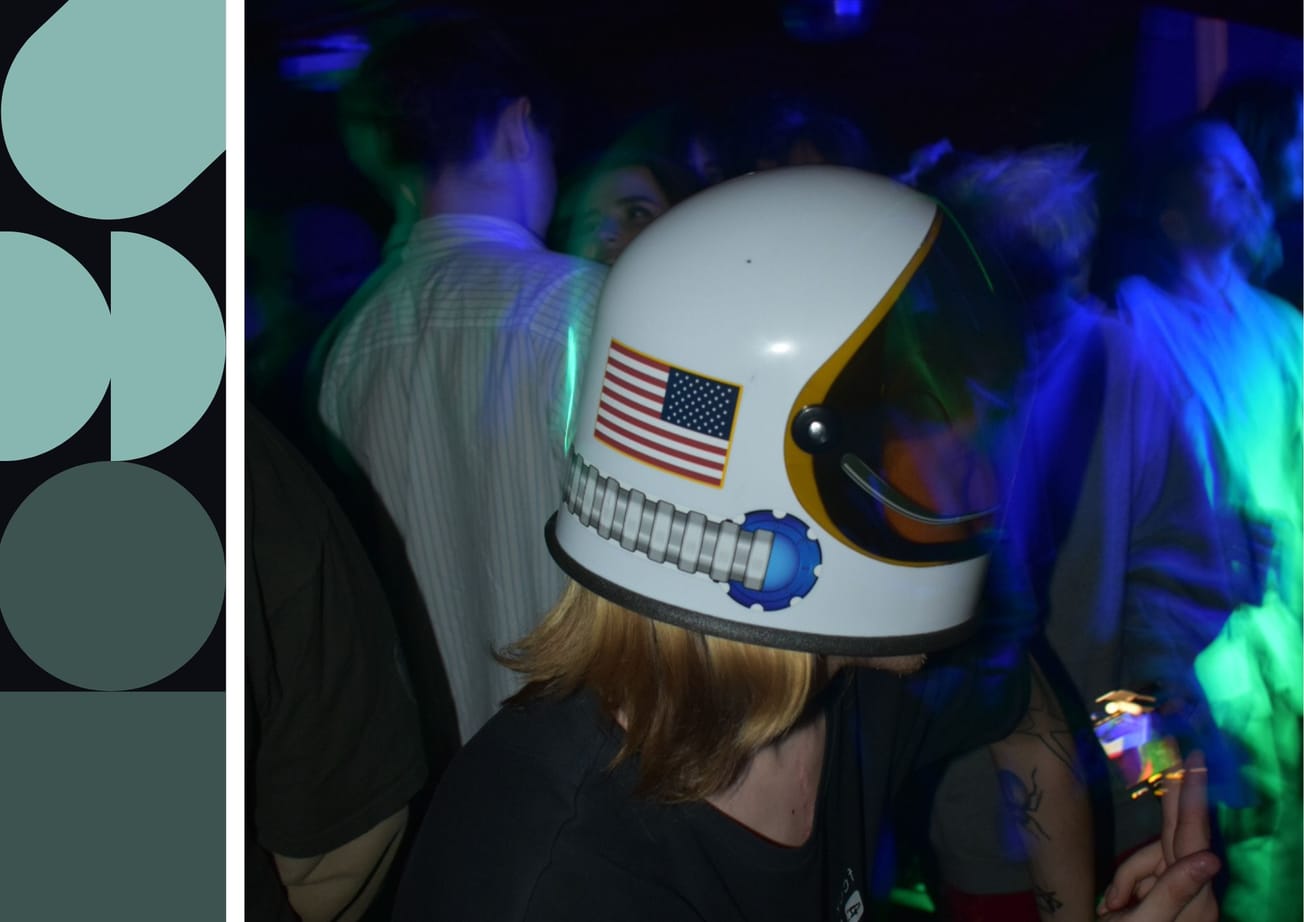By Anna Kell
Dua Lipa’s second record Future Nostalgia, is powered by an undoubtedly 80’s sound that defines the work. An ode to self and female empowerment, it emanates the confidence and refined artistic conviction of a third, if not fourth studio album.
The album reveals a void in pop music for nostalgia, especially the unmistakable sound of the 80s and 90s, which Lipa has filled – claiming and rebooting these genres into a new age. Future Nostalgia gives us a lesson in the modern revamp of the decade defining 80’s synthesizer, taken up a notch in the lavish, sparkling chorus of ‘Cool’, which is undoubtably Prince-like – It’s no surprise that he was a main influence of the track. Despite Lipa’s vocal range and proven ability to sustain slower tracks that sporadically punctuated her first album, perhaps too heavily – a little more propulsion and the overall faster tempo of this record, especially in ‘Good in Bed’, ‘Levitate’ and ‘Physical’, has worked well in her favour. This choice hasn’t compromised her vocals, still allowing her depth and lower range to come through. Unwaveringly, the album’s 80’s sound and production have enough momentum to pull you in for the whole ride, still offering enough production variety in each track. The overall result is slick, but not sickly.
A worldwide pandemic is hardly a foreseen obstacle in the way of releasing your next album, however, Dua Lipa went ahead and did it anyway. This smart last-minute move is now seeing the album accompany every YouTube home workout and is no doubt the staple soundtrack of countless state-approved daily runs. With razor sharp marketing fuelling the record, it’s obvious that certain tracks were crafted with social media in mind. ‘Physical’ cleverly, although elaborately, boasts two contrasting visuals, one being a thumping, Jane Fonda-esque work out video, designed for dance and gym-class use – whilst the other audacious pre-release single ‘Don’t Start Now’ has staked its claim as a resident TikTok dance, bearing the ultimate stamp of fan approval. To her favour, Lipa has smartly and pointedly outstripped the typical pop song, leaving it for dust with 2020’s weapon of choice: danceability.
The only major downfall of Future Nostalgia is that Lipa only scratches the surface of artistic social commentary, as teased upon in ‘Boys Will Be Boys’ – an ‘up yours’ ballad to the patriarchy. As the imaginary credits of the record begin to roll with this finale, Lipa, unprecedentedly, plunges into a symphonic, yet simple, feminist ballad. She wastes no time breaking the fourth wall as she jibes mansplainers: ‘If you're offended by this song, you're clearly doin' somethin' wrong’ – rejecting the unspoken socio-political neutrality of the pop genre that she is now stridently staking her claim in.
Lipa is beginning to make new rules, by stretching and creating new spaces for herself within and around the pop genre.
Despite the track unfittingly tail-ending the rest of the album – it more importantly assures us that as an artist, Lipa is beginning to make new rules, by stretching and creating new spaces for herself within and around the pop genre. She’s permitting herself, rather, to say whatever she actually wants. At the last minute, we’re left with a glimpse into her potential and artistic strategy to shift and renew pop music, both in sound and substance – no doubt she has plenty more to say.
Featured Image: Dua Lipa/Future Nostalgia
What did you think of Dua Lipa's latest record?








